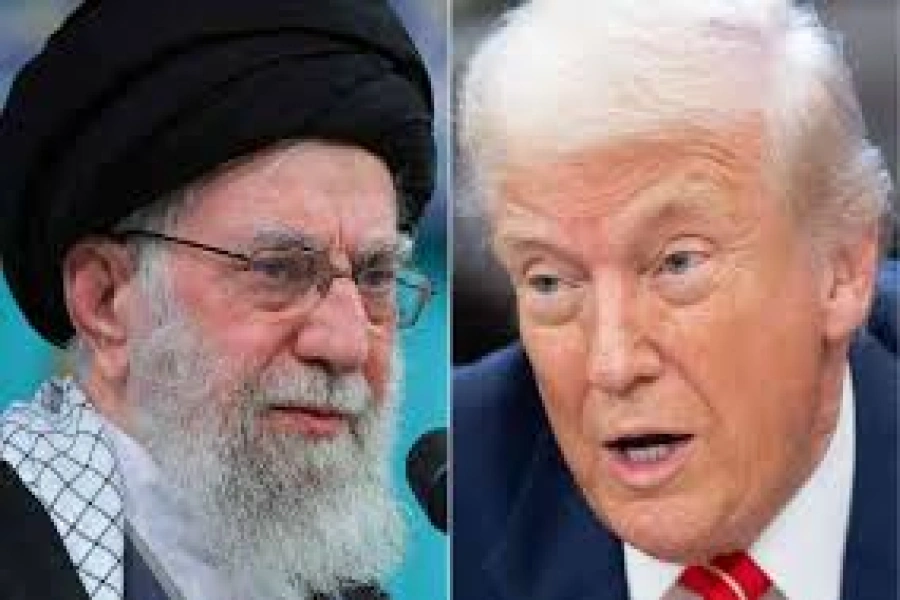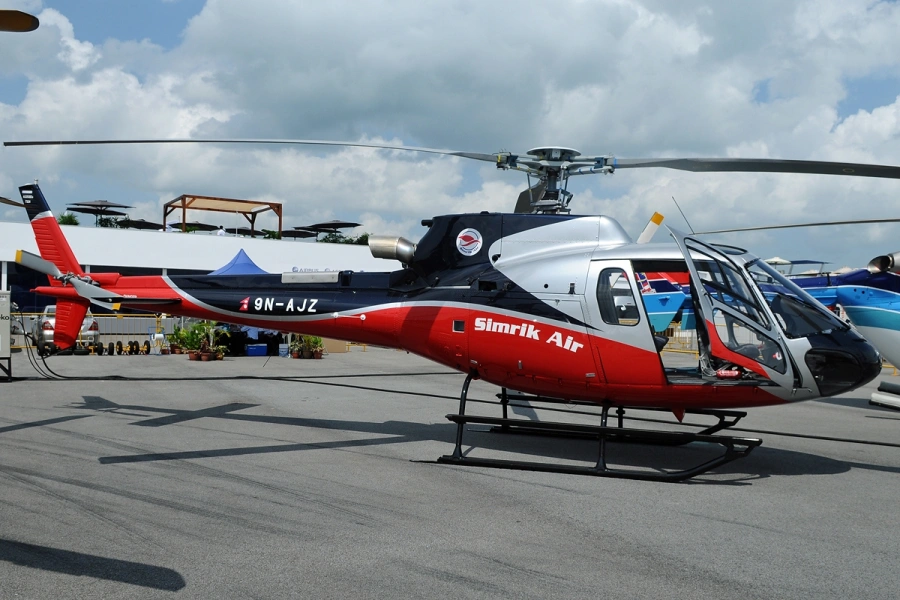In Nepal, it may take much more time than expected for the entire population to get vaccinated. Political turmoil does not offer much hope.
A famous American physician and epidemiologist William Foege once said: “Vaccines are the tugboats of preventive health.”
The rapid development of vaccines for Covid-19 looked like a wishful thinking a year ago. But such vaccines are being produced with an unprecedented speed now. This is good news for us all.
As I scroll my social media, I can see posts of my friends in the medical profession living in the US getting vaccinated with Covid-19 vaccines. As much as I am happy for them, a part of my mind can’t help but think about the availability of vaccine in Nepal. It concerns me deeply that while we see vaccines being available in the US and few other parts of the world, Nepal is still struggling for the availability of Personal Protective Equipment (PPE), and vaccination still looks like a remote possibility.
UK sends Astra Zeneca COVID19 vaccines to Nepal

Besides being at the high risk of getting infected by Covid -19, the frontline health workers are toiling day and night in the management of cases. While other countries seem to be making strategies for getting their population vaccinated, the political instability here doesn’t give us much hope.
When the whole world is going through the global resurgence of cases, a ray of hope is seen with the various successful vaccine trials with the relentless endeavors of scientists all over the world. The biggest breakthrough came when Pfizer/ BioN tech published its first result in November which showed the vaccine is 95 percent effective after completing the third phase trials. It is given in two doses, three weeks apart. The UK became the first country in the world to approve this vaccine on December 2, 2020. Researchers are currently testing 64 vaccines in clinical trials on humans and 19 have reached the final stage of testing. Research is being conducted all around the world to see if Covid-19 vaccine provides long term protection. However, available data shows that people who recover from Covid -19 develop an immune response against the disease for a certain period of time.
According to the Ministry of Health of Nepal, the government has planned to vaccinate 72 percent of the population and 28 percent of the population—children below 14—need not be immunized. The vaccination drive will be collaborated with the World Health Organization (WHO) under its COVAX Programme co-led by GAVI (Global Vaccine Alliance). Government is set to provide the first phase of vaccination to 20 percent of people out of which three percent will be given to health workers, security personnel and elderly people. Although the program looks promising, the availability of vaccines doesn’t paint a rosy picture due to political instability.
In the current scenario, 60-70 percent of the world’s population must be immune to stop the spread of virus (herd immunity) even if the vaccine works.
With the new variant of SARS-COV-2 spreading rapidly in the UK, it has posed a new threat to the world. It is estimated that the new virus may be up to 70 percent more transmissible than the old virus as it comprises a genetic mutation in the spike protein due to which it can cause an immediate spread of the virus. If the virus spreads widely, there is a high chance of the vaccines being less effective than expected. A study done in London School of Hygiene and Tropical Medicine has shown that the recent strain can lead to more hospitalization and death in 2021. Unlike the old strain, the mutated virus has the potential to affect the children too. It is more important for the people to get vaccinated so as to achieve herd immunity if this new version is transmissible.
Whether the vaccines will be able to end the pandemic will depend on factors like the effectiveness of the vaccines, how quickly they are manufactured, delivered and distributed. According to scientists, anti-Covid vaccine, unlike other vaccines, is not 100 percent effective. However, even if it is 100 percent effective, each and every individual around the globe has to be vaccinated to completely curb the pandemic. This is definitely a time intensive task.
In Nepal, it may take much more time than expected for the entire population to get vaccinated. Even if the vaccines are available in Nepal, storage and supply of the vaccines will be pretty challenging, which cannot be overcome if the country does not properly plan beforehand. Ensuring equitable distribution of vaccines is another challenge, which needs to be overcome.
While the countries in the world are in the race of vaccinating their people, it’s important for us to keep following the preventive measures—such as hand washing, maintaining social distance, using masks, avoiding large gatherings, self-isolation and quarantine in symptomatic and asymptomatic cases.
Following these measures will help us reduce positive cases and hospitalization. Each one of us has a role to play to keep ourselves safe, for we do not know for sure when we will be able to benefit from anti-Covid vaccines.










_20200814192758.jpg)





























